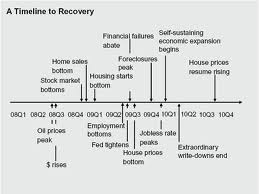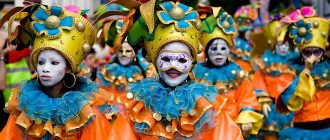History speaks volumes about a country and its people. Brazil has had a long, rich and fascinating history that has shaped the modern South American country, its people and culture. For those travelling to Brazil for business or pleasure this timelin
Brazil has a colorful history that shaped the country into the nation they are today. The dawn of the 21st century sees Brazil as one of the largest economies in the world in addition to being one of the most populous as well. This South American country is a far cry from its humble beginnings.
The establishment of what is now known as Brazil can be traced back several thousand years to Native American Indians. Until the 16th century, historical facts of Brazil are a bit hazy, although it is commonly acknowledged that nomadic tribes roamed the country living off the land with hunting, fishing and the growth of crops.
In the year 1500, Portuguese explorers set sail from Europe and landed in Brazil. Eventually, several towns were established by these Portuguese pioneers. The early 17th century history of Brazil saw Dutch settlers arrive as well. However, they were eventually driven away by the Portuguese.
The Portuguese settlers further colonized Brazil, taking advantage of the natural resources of the land. For several hundred years, these settlers harvested sugar cane as well as many trees for brazilwood. The lust for riches took hold and gold was mined as well. Other Brazil facts of the time include the eradication of many Native Indians in the area and the infusion of African slaves.
It was also during this volatile time that Brazil declared its independence from Portugal in the early 19th century and formed a monarchy that lasted for several decades. A military rebellion ensued in the late 19th century according to facts in Brazilian history and the government in this South American country has relatively remained a republican democracy to the present day. Three bouts of dictatorship have marred the Brazilian government’s history.
After various military interventions in the government and its policies, the politics of Brazil have remained rather elitist. That is, a relatively small group with money, political and military power continued to drive the government. It was not until the late 20th century that citizens of Brazil as well as the various growing industries like coffee industry asserted themselves to precipitate changes in the economy and government rule.
Today’s society in Brazil presents some interesting facts. First of all, the citizens in Brazil are proud of their heritage and revel in the many celebrations the country has to offer. They are a colorful people saddled with one of the worst distributions of wealth in the world. Yet, the people of Brazil persevere as they always have throughout their history.





